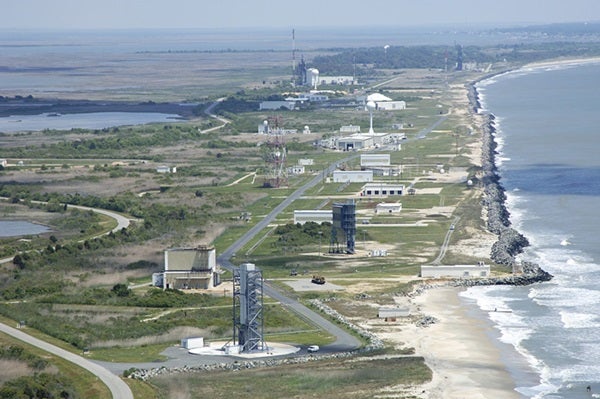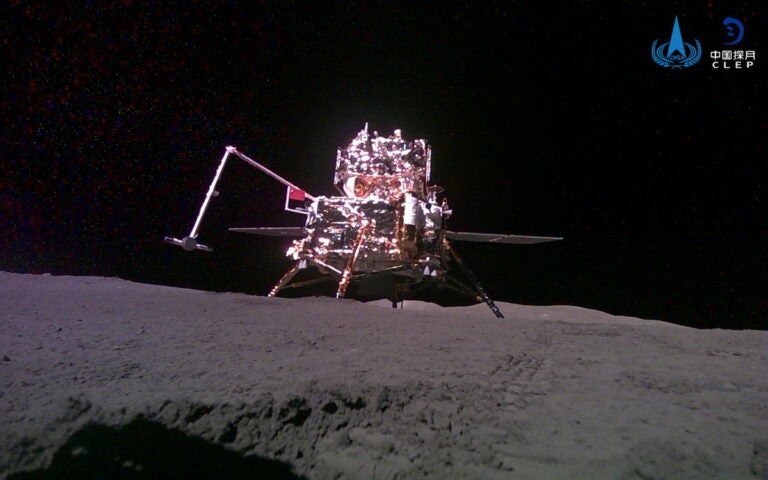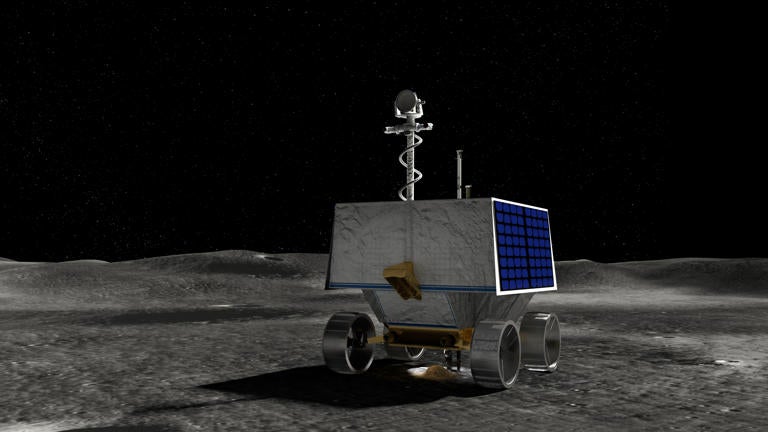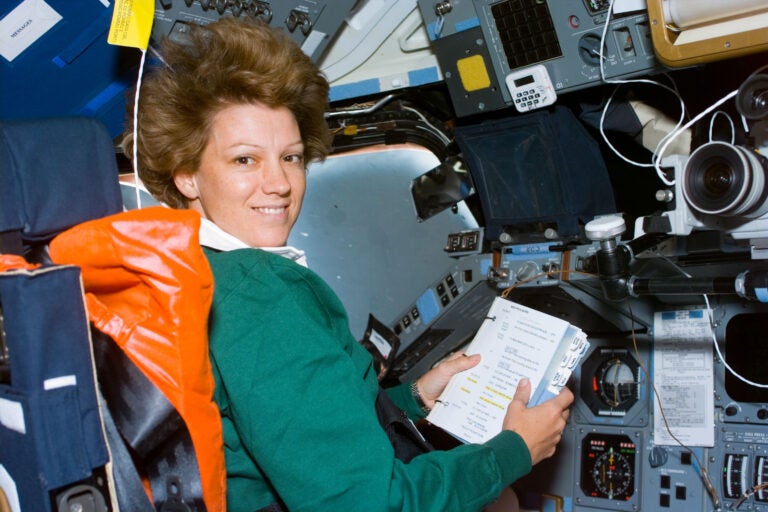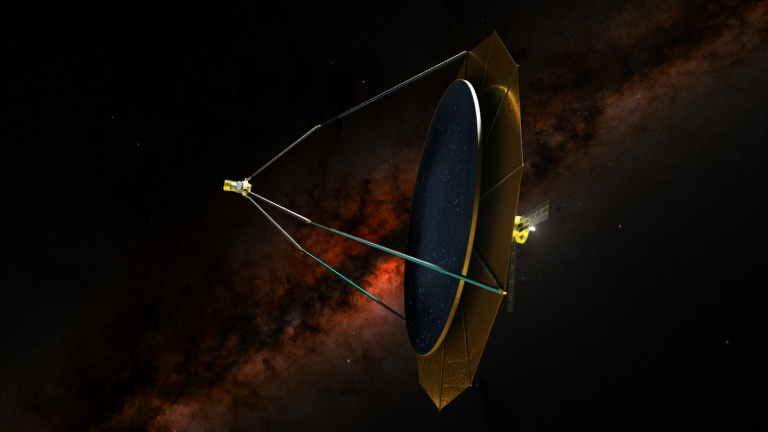NASA’s Max Launch Abort System (MLAS) is scheduled to be tested June 15 at the agency’s Wallops Flight Facility in Wallops Island, Virginia. The launch window extends from approximately 5:45 a.m. to 8:15 a.m. EDT.
The unpiloted test is part of an effort to design a system for safely propelling future spacecraft and crews away from hazards on the launch pad or during the climb to orbit. This system was developed as an alternative concept to the launch abort system chosen for NASA’s Orion crew capsule. Orion, part of a new spacecraft system being developed by NASA’s Constellation Program, is undergoing design reviews in preparation for flying humans to the International Space Station in 2015, and later to the Moon.
MLAS is being tested to provide experience in flight-testing a spacecraft to NASA’s Engineering and Safety Center, which leads the project from NASA’s Langley Research Center in Hampton, Virginia. The 33-foot-high MLAS vehicle will be launched to an altitude of approximately one mile to simulate an emergency on the launch pad. A full-scale mockup of the crew module will separate from the launch vehicle and parachute into the Atlantic Ocean.

